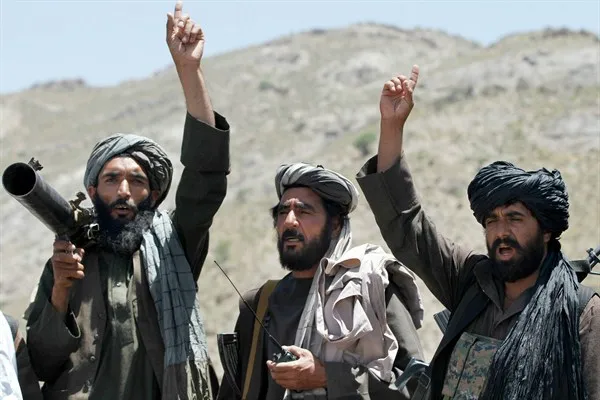The recent meeting between Indian officials and Taliban-appointed Afghan ministers marks a significant development in the evolving diplomatic landscape of the region. Against the backdrop of the Taliban’s resurgence in Afghanistan and the ensuing geopolitical complexities, India’s engagement with the Taliban-led government reflects its pragmatic approach to safeguarding its interests and promoting regional stability.
The meeting, which took place between Joint Secretary of the Ministry of External Affairs for the Pakistan, Afghanistan, and Iran (PAI) division JP Singh and Taliban-appointed Afghanistan Foreign Minister Amir Khan Muttaqi, focused on a range of issues including economic cooperation, transit matters, security, and regional connectivity.
One of the key highlights of the discussions was India’s expressed interest in expanding political, economic, and trade relations with Afghanistan. This signals India’s recognition of Afghanistan’s strategic importance in the region and its willingness to explore avenues for cooperation despite the change in government.
Central to India’s engagement with Afghanistan is the Chabahar Port, located in Iran but jointly developed by India, Iran, and Afghanistan. The port serves as a crucial gateway for India to access landlocked Afghanistan and Central Asian markets, bypassing Pakistan. By promoting trade through Chabahar Port, India aims to bolster economic ties with Afghanistan and enhance regional connectivity.
The Taliban regime’s claim that India seeks to expand cooperation through Chabahar Port underscores the potential for economic collaboration between the two countries. Despite ideological differences and historical tensions, both sides recognize the mutual benefits of fostering trade and investment.
Moreover, India’s willingness to engage with the Taliban-led government aligns with its broader foreign policy objectives, including promoting stability and development in Afghanistan. India has long been committed to supporting Afghanistan’s reconstruction efforts, investing in infrastructure projects, capacity building, and humanitarian assistance.
In recent years, India has emerged as one of Afghanistan’s key development partners, providing significant financial and technical assistance for various projects in areas such as education, healthcare, and infrastructure. This reflects India’s commitment to contributing to Afghanistan’s socio-economic development and helping the country transition towards stability and self-reliance.
The meeting between Indian officials and Taliban representatives also addressed security concerns, particularly in the context of countering the threat posed by terrorist groups such as the Islamic State Khorasan Province (ISKP) and addressing corruption within Afghanistan. Both sides emphasized the importance of cooperation in combating terrorism and promoting good governance to ensure peace and stability in the region.
India’s engagement with the Taliban-led government is guided by a pragmatic approach that seeks to safeguard its interests while promoting peace and stability in the region. Despite concerns about the Taliban’s past record on human rights and its support for extremist groups, India recognizes the need for constructive engagement to influence developments in Afghanistan positively.
It is essential to note that India’s engagement with the Taliban does not imply endorsement or legitimization of the group’s actions or ideology. Instead, it reflects India’s pragmatic diplomacy aimed at protecting its interests and advancing its regional objectives while contributing to Afghanistan’s stability and development.
India’s recent meeting with Taliban-appointed Afghan ministers underscores its commitment to engaging with the new reality in Afghanistan and exploring opportunities for cooperation. By expressing interest in expanding political, economic, and trade relations, India seeks to leverage its influence to promote peace, stability, and prosperity in the region. As Afghanistan navigates through a challenging transition phase, India’s constructive engagement could play a crucial role in shaping the country’s future trajectory.














